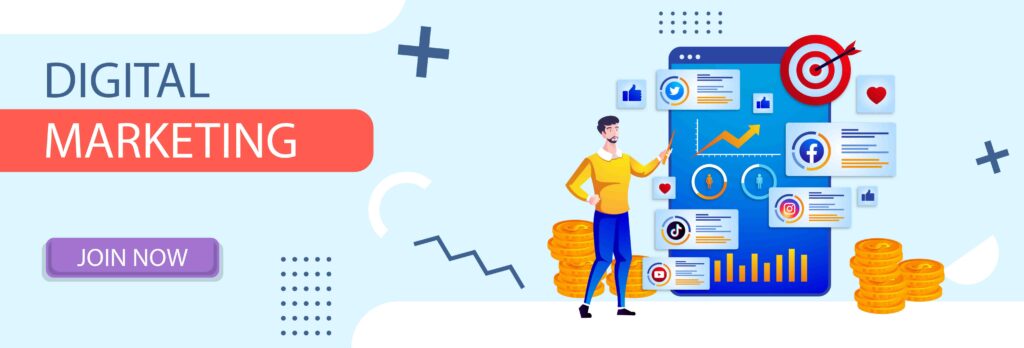What are the 5 key Strategy of digital marketing?
Introduction:
In the ever-evolving landscape of modern business, digital marketing has emerged as a cornerstone for achieving brand visibility, engagement, and growth.
With the digital realm offering an expansive canvas for strategy marketing endeavors, understanding the five key Strategy of digital marketing has become paramount.
These pillars, each bearing its unique significance and potential, form the foundation upon which successful digital campaigns are built.
In this article, we delve into the core elements that constitute the five key Strategy of digital marketing, providing insights into how businesses can harness their power to thrive in the digital age.
1. Search Engine Optimization (SEO) – Navigating the Digital Terrain:
Search Engine Optimization (SEO) stands as the bedrock of digital marketing, driving organic visibility and traffic to a brand’s online presence.
By optimizing websites, content, and online assets, businesses aim to secure higher rankings on search engine results pages (SERPs). This involves a strategic blend of keyword research, on-page optimization, technical enhancements, and building high-quality backlinks.
An effective SEO strategy ensures that a brand is discoverable by potential customers actively seeking relevant products or services, resulting in increased brand credibility and sustained organic growth.
2. Content Marketing – Crafting Compelling Narratives:
At the heart of digital marketing lies content marketing, a pillar that revolves around creating and disseminating valuable, relevant, and engaging content.
Content marketing encompasses various forms, including articles, blog posts, videos, infographics, and more. The goal is to provide information, insights, and solutions that resonate with the target audience.
Effective content marketing not only establishes a brand as an industry authority but also fosters trust and loyalty among consumers. It serves as the bridge that connects businesses with their audience, nurturing relationships and driving conversions.
3.Social Media Marketing – Cultivating Digital Communities:
Social Media Marketing (SMM) leverages the power of social platforms to engage, interact, and connect with audiences on a personal level.
Brands utilize platforms like Facebook, Instagram, Twitter, and LinkedIn to create compelling content, foster conversations, and build communities.
SMM involves crafting tailored campaigns, running advertisements, and leveraging influencer collaborations to amplify a brand’s message.
Through SMM, businesses can tap into the vast user base of social platforms, effectively humanizing their brand and establishing a direct line of communication with consumers.
4.Pay-Per-Click Advertising (PPC) – Precision Targeting for Instant Visibility:
Pay-Per-Click Advertising (PPC) offers an avenue for instant online visibility through targeted advertisements.
Businesses bid on keywords relevant to their offerings, and their ads are displayed prominently on search engines and social media platforms.
Unlike traditional advertising, PPC campaigns only incur costs when users click on the ads, making it a cost-effective method. PPC allows for precise audience targeting, real-time data tracking, and immediate results.
When executed strategically, PPC campaigns can drive immediate traffic, conversions, and brand exposure.
5.Email Marketing – Nurturing Relationships and Conversions:
Email Marketing remains a potent tool for nurturing leads, building customer relationships, and driving conversions.
By curating personalized and relevant email content, businesses can keep their audience engaged and informed.
Email campaigns encompass a range of communications, including newsletters, promotional offers, product updates, and personalized recommendations.
Through segmentation, automation, and A/B testing, email marketing enables businesses to deliver tailored messages at the right time, nurturing leads through the sales funnel and fostering brand loyalty.
Conclusion:
In the dynamic landscape of digital marketing, mastering the five key pillars – Search Engine Optimization, Content Marketing, Social Media Marketing, Pay-Per-Click Advertising, and Email Marketing – is essential for achieving online success.
By harnessing the power of these pillars, businesses can create a holistic and effective digital marketing strategy that not only enhances visibility but also drives engagement, conversions, and long-term brand growth.
The synergy between these pillars forms the blueprint for thriving in the digital age, enabling businesses to connect with their audience, resonate with their needs, and stand out in a crowded digital arena.



